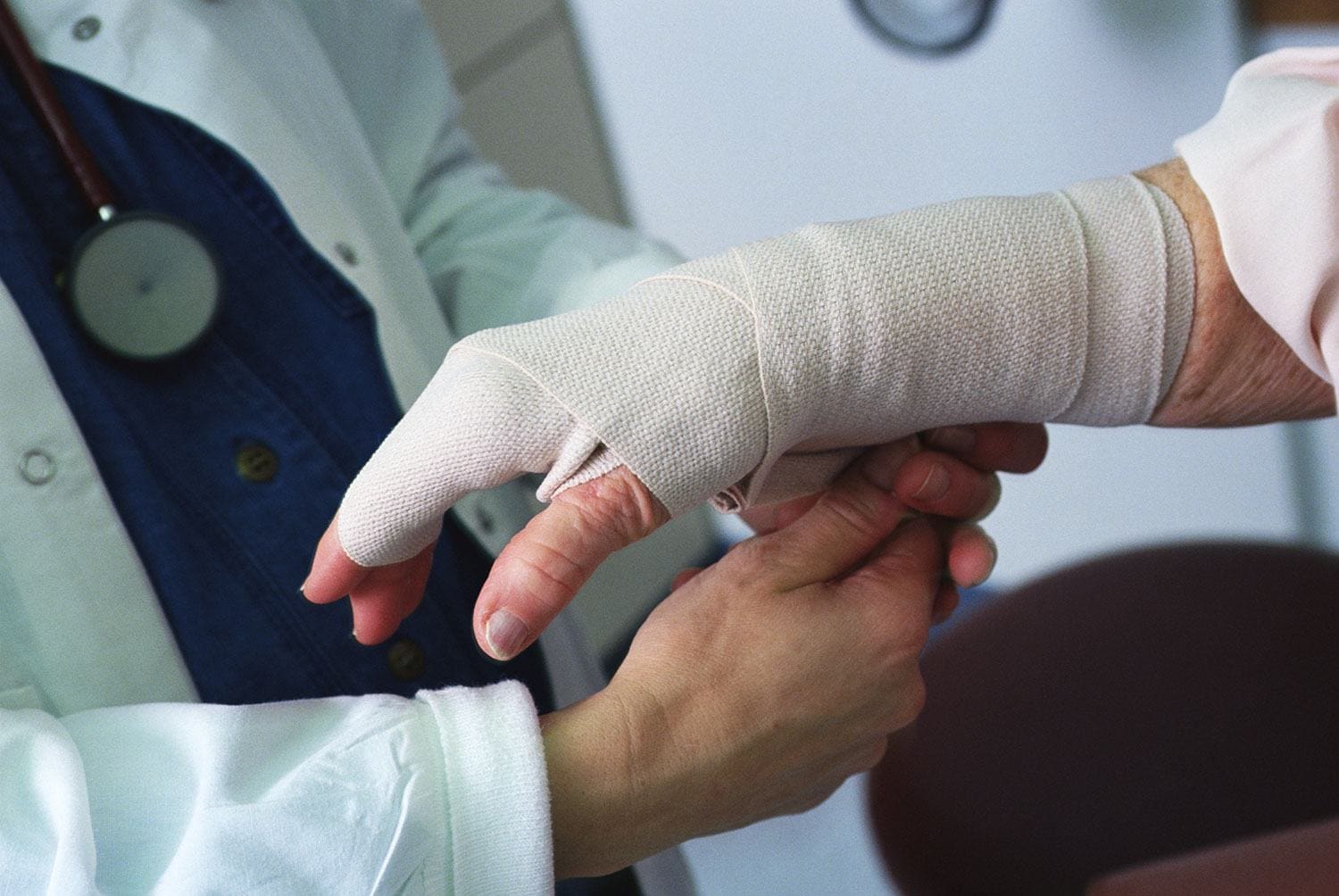
Should I wait until I reach maximum medical improvement before accepting a car accident settlement offer?
November 5, 2014
Yes. Maximum medical improvement or, MMI for short, means you have reached a stable condition and have fully recovered from the injuries you sustained from your auto accident. It also means that your physician should have an answer to the questions:
What types of medical treatment and care will be needed in the future?
How much money will it take to take care of you?
What, if any, injuries has caused long-term disabilities or physical impairment?
Most car accident attorneys will not negotiate your settlement until you have reached the MMI and have an
clear understanding of the long-term effects of your injuries. A settlement agreement or signing a release of liability should never take place until the maximum medical improvement has been reached. If an experienced injury lawyer is handling your case, they will make sure that before they release the other driver from any further liability in connection with the accident, you will be compensated for your past, present and any future injuries and or medical treatment. The lawyer will make sure you have been fairly compensated for time off work, pain and suffering and your car has either been repaired or replaced.
The lawyer should make certain that if your injuries become worse down the road and further complications arise, that you have, at that point, been fully compensated for all possible future injuries because once you have settled your case, you cannot go back and demand more money. Your claim at that point is closed. So, this essentially means that your claim cannot be processed until you have reached your MMI.
If you have just been through a terrible accident and you are just beginning medical treatment, you should make sure to keep every medical appointment and work with your physicians and health care providers AND do everything the nurses and doctors tell you to in terms of follow up treatment and medical care. This is called mitigating your damages and you have a legal obligation to take “reasonable steps” to facilitate your recovery. Bottom line, you wouldn’t ever want to do anything that might make your condition worse or prolong the need for ongoing treatment.
